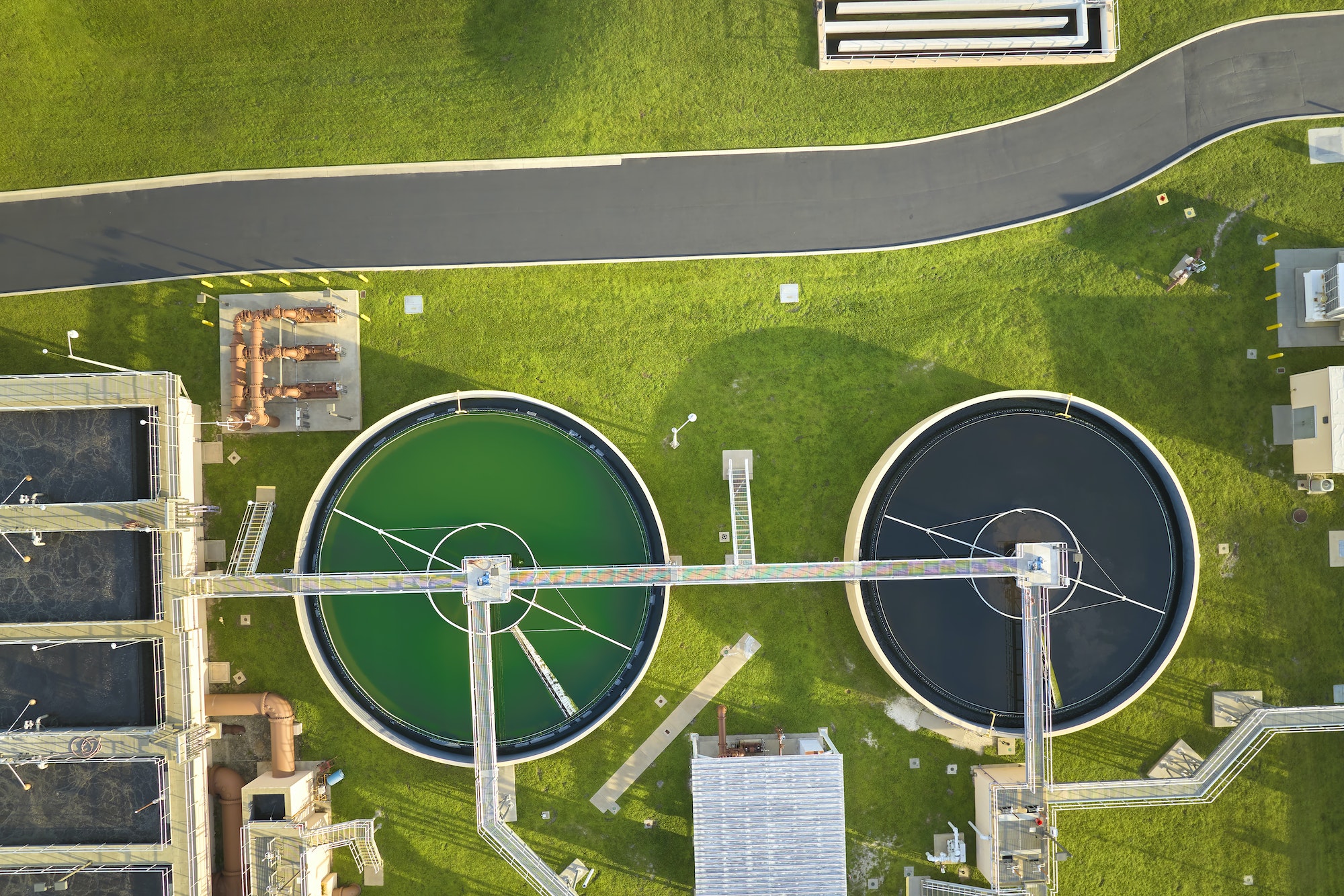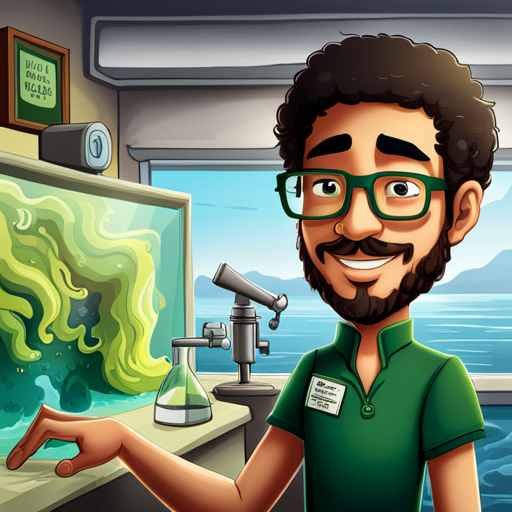The importance of finding sustainable and renewable energy sources has never been more critical, as the world continues to grapple with the consequences of climate change and dwindling fossil fuel reserves. Algae biofuel has emerged as a promising alternative that offers numerous environmental benefits, particularly in the areas of carbon capture and sequestration, as well as wastewater treatment and nutrient recycling.
Photosynthesis and CO2 Fixation
Algae, like other plants, use photosynthesis to convert sunlight into chemical energy. During this process, they consume carbon dioxide (CO2) and release oxygen. This natural ability to absorb CO2 makes algae an excellent candidate for biofuel production, as they can help mitigate greenhouse gas emissions from various sources.
In contrast to traditional crops used for biofuel production, such as corn or soybeans, algae can grow rapidly and have a much higher yield per unit area. This means that algae can potentially produce more biofuel using less land, water, and other resources than conventional crops. Additionally, some strains of microalgae can even grow in saltwater or brackish water, further reducing the need for freshwater resources.
Potential for Integration with Industrial CO2 Emissions Sources
One of the most significant environmental benefits of algae biofuel production is its potential integration with industrial CO2 emissions sources. Since algae require large amounts of CO2 to grow, they can be used to capture and store carbon emissions from power plants or other large-scale industrial facilities.
By integrating algae cultivation systems with these emission sources, it is possible to significantly reduce the amount of CO2 released into the atmosphere while simultaneously producing a valuable feedstock for biofuel production. This process not only helps mitigate climate change but also provides an economically viable solution for industries to comply with increasingly stringent emissions regulations.
Algae’s Ability to Remove Nitrogen and Phosphorus from Wastewater
Another key environmental benefit of algae biofuel production lies in its potential for wastewater treatment and nutrient recycling. Algae can efficiently remove nitrogen and phosphorus from wastewater, two nutrients that contribute to water pollution and eutrophication when released in large quantities.
By utilizing algae to treat wastewater, it is possible to reduce the need for conventional chemical treatments, which can be expensive and generate secondary pollutants. Moreover, the algae biomass produced during wastewater treatment can then be harvested and converted into biofuels, further enhancing the overall sustainability of the process.
Potential for Integration with Municipal and Industrial Wastewater Treatment Facilities
The ability of algae to treat wastewater makes them an ideal candidate for integration with municipal and industrial wastewater treatment facilities. By incorporating algae-based systems into existing treatment processes, it is possible to significantly improve the efficiency of nutrient removal while also generating valuable biomass for biofuel production.
This approach not only helps address the growing demand for sustainable energy sources but also provides a cost-effective solution for improving water quality and reducing the environmental impact of wastewater treatment operations.
In conclusion, algae biofuel production offers numerous environmental benefits that make it a sustainable and renewable energy source worthy of serious consideration. By harnessing the natural abilities of algae to capture carbon emissions and treat wastewater, this innovative approach to biofuel production has the potential to significantly reduce greenhouse gas emissions and improve water quality worldwide. As research and development in this field continue to advance, it is likely that algae biofuels will play an increasingly important role in our global quest for cleaner and more sustainable energy solutions.


